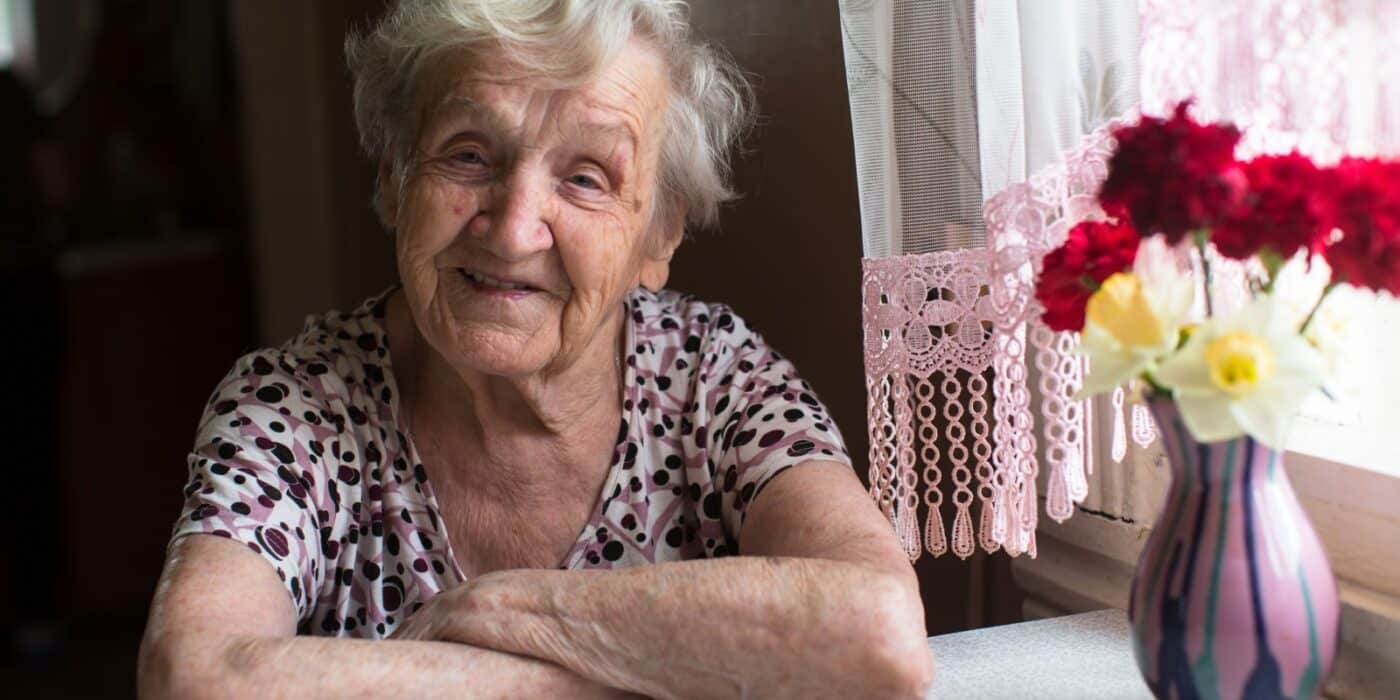What Are the Stages of Dementia?
Key Takeaways
- Normal aging involves minor memory lapses, while dementia causes persistent changes that affect daily life
- Dementia progresses through 3 main stages, each requiring different levels of care and support
- Early detection can help give families more time to plan, access helpful interventions, and make proactive decisions
- Care needs evolve from gentle support to comprehensive assistance as symptoms progress
- Memory care communities provide specialized environments that adapt to changing needs
How Dementia Differs from Normal Aging
You might notice your loved one occasionally forgetting where they placed their keys or temporarily blanking on a neighbor’s name. These moments can feel concerning, and you may wonder if these changes are normal aging or dementia symptoms, and how you can help.
Dementia is progressive, moving through 3 significant stages: early, middle, and late. Normal aging can resemble early-stage dementia, but understanding these early signs and how symptoms progress can help loved ones detect dementia and get support earlier.
Unlike the forgetfulness that can happen with normal aging, dementia can significantly interfere with daily life, comfort, health, and safety. NorBella Senior Living at Centerville recognizes the early concerns that many families face when caring for aging loved ones.
Memory care communities understand these subtle signs and can help families navigate when additional support becomes helpful.
The 3 Main Stages of Dementia
Early-Stage Dementia: Mild Changes You Might Notice
During early-stage dementia, your loved one might forget recent conversations or struggle with complex tasks like managing finances. They may feel frustrated when routines change or seem more anxious about situations they previously handled with ease.
Despite these changes, they can often maintain their independence with some gentle support. The stage offers valuable time to plan together while their cognitive abilities remain strong enough to participate in important decisions about their future care.
Middle-Stage Dementia: When More Support Becomes Necessary
The middle stage of dementia is often when symptoms become more noticeable and no longer resemble normal aging.
Your loved one may forget personal details like their address or phone number. They’ll likely need more reminders for daily activities and might have difficulty recognizing familiar faces or places.
Mood swings and behavioral changes become more noticeable during this stage. Structured routines and memory care environments can provide the consistency and specialized support that helps them feel more comfortable and secure.
Late-Stage Dementia: Providing Comprehensive Care
Late-stage dementia brings significant communication challenges and difficulty recognizing family members. Physical challenges with mobility and daily tasks require around-the-clock care and support.
Even during this stage, you can maintain meaningful connections through gentle touch, familiar music, and cherished objects that evoke positive recollection. The focus shifts to comfort, dignity, and preserving moments of connection.
How Do Care Needs Change Throughout Each Stage?
Early Stage Care Approaches
During early-stage dementia, care focuses on encouraging independence while providing gentle support. Creating consistent routines helps reduce anxiety, while maintaining social connections preserves cognitive function longer.
Effective communication techniques become increasingly important during this stage.
The early stage allows families to work together on future care planning and explore dementia care options before decisions become urgent. Your loved one can still express their preferences and participate in choices about their care.

Middle Stage Care Adaptations
Middle-stage care requires simplifying daily tasks and creating calm, familiar environments. Memory care communities or adult day programs can provide structured activities and social interaction tailored to older adults experiencing cognitive changes.
At this stage, the key is to focus on your loved one’s remaining abilities rather than limitations. Celebrating what your loved one can still do helps maintain their sense of purpose and self-worth. Managing behavioral changes requires patience and understanding from care teams.
Late Stage Care Requirements
Late-stage dementia requires assistance with personal care and daily activities. Specialized care benefits your loved one’s safety and comfort, often requiring professional support that understands the unique challenges of advanced dementia.
Families benefit from professional guidance during this stage, helping them navigate complex care decisions while maintaining their loved one’s dignity and quality of life.
Why Early Detection Makes a Difference
Early diagnosis opens doors to medications that may slow progression and interventions to maintain abilities longer. Your loved one can participate in care planning while their cognition remains clearer, expressing their wishes and preferences for future care.
Professional diagnosis methods help families understand what to expect and how to prepare.
Early detection also provides time for legal and financial decision-making, exploring care options before they become urgent, and building support networks. A proactive approach creates peace of mind for both you and your loved one, knowing that plans are in place for the journey ahead.
Finding the Right Memory Care Support for Your Family
When exploring memory care communities, look for person-centered care approaches that honor your loved one’s individual needs and preferences.
Safe, home-like environments with meaningful activities and social engagement help maintain quality of life throughout your loved one’s dementia journey.
NorBella Senior Living at Centerville provides an intimate setting with personalized care plans that focus on remaining abilities and independence. Our approach supports families throughout the journey with a home-like atmosphere that promotes comfort and connection.
If you’re ready to explore how memory care can support your family, consider scheduling a tour to see how our caring team can help your loved one thrive while giving you peace of mind.















